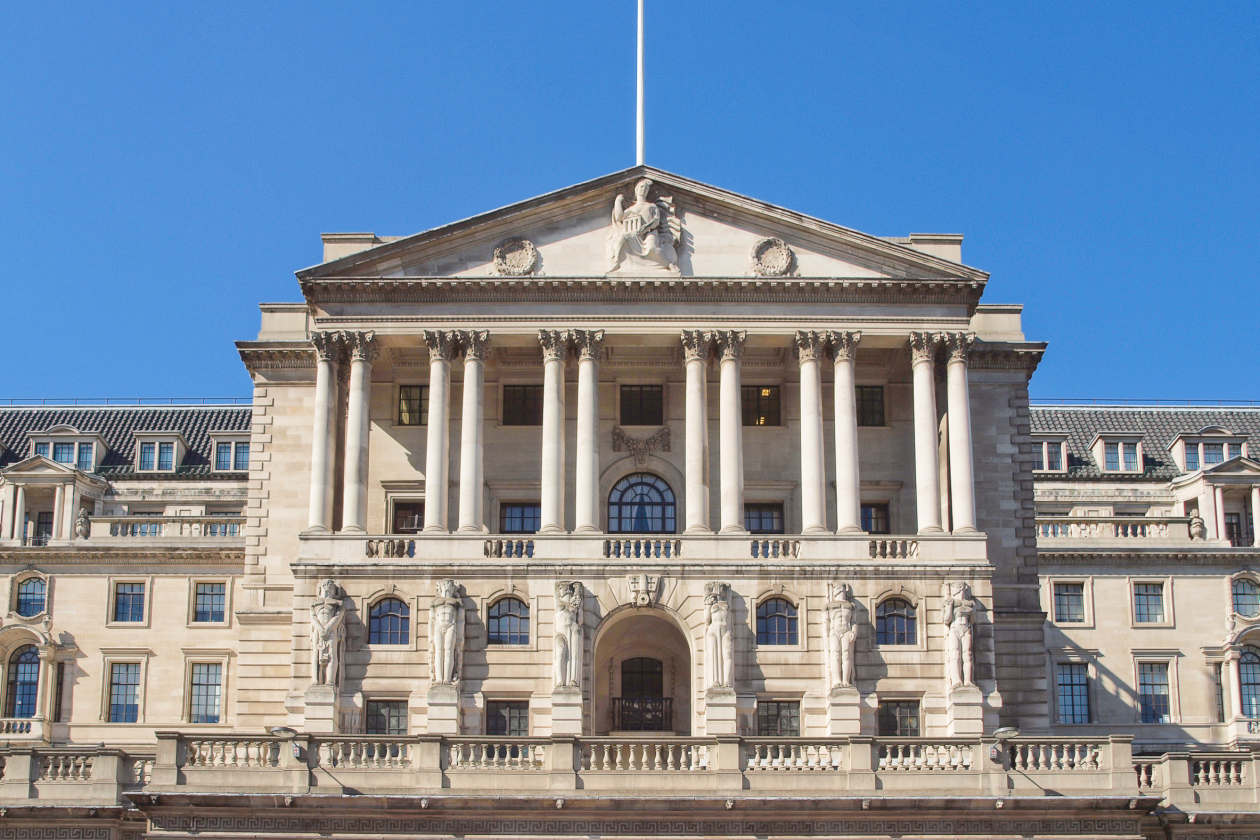The UK should not be “seduced” into thinking the battle against inflation is over after a short-term drop in the headline measure the Bank of England targets, a ratesetter at the central bank has warned.
Catherine Mann, an external member of the BoE’s monetary policy committee, said she was still concerned about upside risks to inflation despite the main rate remaining at the bank’s 2 per cent target in June.
Goods and services prices were set to rise again, Mann told the Financial Times’ Economics Show podcast, and wage pressures in the economy could take years to dissipate.
Survey evidence suggested that companies were still expecting to make relatively big increases to both wages and prices, she said, and “that says to me right now I’m looking at a problem for next year”.
In the latest round of annual pay deals, “some people at the bottom got quite a bit of an increase, rightfully so, but the ones above them didn’t. Which means next year they will,” she argued. In a similar fashion, companies often watched their rivals raise prices and followed suit, Mann said.
“There is an upwards ratchet to both the wage setting process and the price process and . . . it may well be structural, having been created during this period of very high inflation over the last couple of years” she added. “That ratchet up will take a long time to erode away.”
Mann was speaking ahead of a week of UK data releases that are expected to show an ongoing upswing in economic activity and consumer price inflation rising back above the BoE’s target, to 2.3 per cent, as household energy bills stabilise.
The former OECD chief economist is among four members of the MPC who voted to leave interest rates on hold earlier this month, dissenting from the majority decision to cut the benchmark borrowing rate for the first time since the onset of the Covid-19 pandemic, from 5.25 per cent to 5 per cent.
Mann, who has consistently voted for tighter policy than others on the MPC, said she had moved down from 10 to seven on a scale of “hawkishness” since the start of the year as price pressures eased.
But even the MPC members who voted to cut interest rates earlier this month said their decision was “finely balanced”.
Recent market turbulence sparked by fears of a US recession would not make their next decision any easier, Mann said, because volatility in asset prices tended to add to inflationary pressures. Meanwhile, UK importers would not necessarily pass savings from the recent stronger pound on to consumers.
The big division between the two groups on the MPC is over how long it will take for strong wage growth to subside, which would allow stubbornly high services price inflation to retreat.
Mann argued that it could take “multiple years” for wages to catch up with workers’ expectations in a tight jobs market where they were well placed to negotiate with employers.
“There are a lot of vacancies, there’s a lot of desire to employ people and there don’t seem to be workers out there,” she said.
This article was written by Delphine Strauss from The Financial Times and was legally licensed through the DiveMarketplace by Industry Dive. Please direct all licensing questions to legal@industrydive.com.

